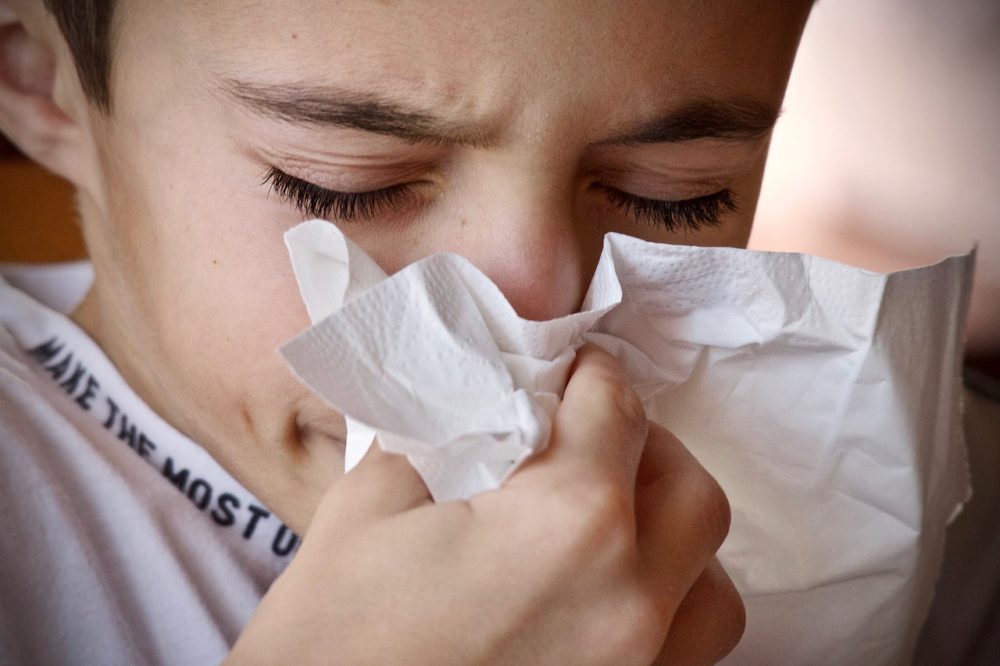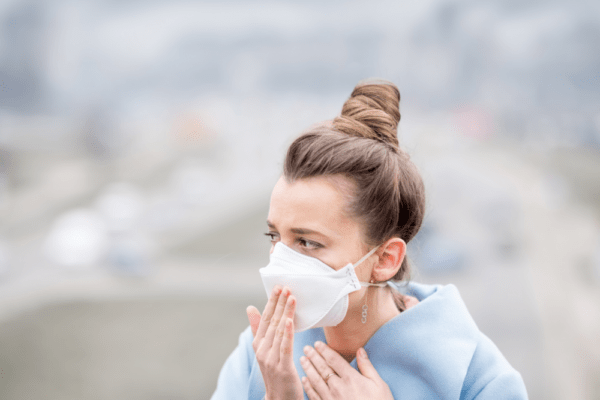Weather change could not be the only culprit for your constant sneezing and snuffling. It seems the air you’re breathing also plays a contributing role in inducing allergies or making them worse. In fact, environmental changes and risks like air pollution, are believed to be the principle reason in the growth and worsening of allergic diseases.
Studies support the link between air pollution and allergies, stating “the pollutants create a chain of chemical reactions that can actually alter the structures and effects of allergens.” Due to this, allergic conditions like asthma, hay fever, atopic dermatitis and even food allergies have been on the rise.
The toxic pollutants not only add to the potency of the allergens, but they also alter our body’s reaction to them, particularly in conditions rich in humidity and smog. Smog is a type of an air pollution that causes or aggravates respiratory problems as well as eye irritation and weakened immunity. Smog is a combination of various gases that includes carbon dioxide (CO2), carbon monoxide (CO), nitrogen oxide (NO2), sulfur dioxide (SO2), as well as ozone. Amongst the group, it is believed This lethal concoction affects your immune system, causing difficulty breathing and/or allergic reactions. Some of the common symptoms of an allergic reaction include:
- Constant sneezing
- Congestion and wheezing
- Trouble breathing
- Watery eyes
- Tightness of the chest
- Runny nose & watery eyes
- Itchiness or rashes
In addition to outdoor pollution, your allergies or other medical problems are affected by indoor pollution as well. Many substances that you might come in contact with inside the four walls of your house can be potential suspects of inducing medical issues like cardiovascular disease, breathing problems, autoimmune diseases and cancer. Researchers find Radon, a naturally produced radioactive gas, to be present in many homes, which is often linked with lung cancer.
When it comes to air pollution, indoors or outdoors, it engulfs everyone from children to the elderly. With air pollution only on the rise, being mindful of the following steps can help reduce the risk of succumbing to the many health problems it brings with it:
- Use of face mask when stepping in the high-ozone environment
- Make use of air cleaners or air purifiers to improve indoor air quality
- Try staying indoors when the air quality is poor
- If you are a pet owner, make sure to give them a thorough rinse before letting them on beds and inside rooms.
- Fill up your car’s gas tank in the evenings
- Quit use of tobacco and smoking as it contributes to the depleting quality of air
If you do find that your allergies are not getting any better, or that you’re showing signs of a different allergic reaction, consider seeking medical attention. A pulmonologist is the preferred doctor for lungs and respiratory diseases.



